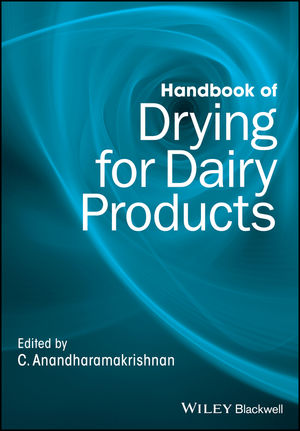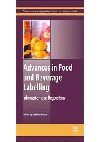The importance of aseptic packaging in the dairy industry

With the surge in globalization, the worldwide trade value of exported goods reached almost $24 trillion. The rising trade is having a positive influence on the packaging industry and researchers are introducing innovative ways of operations.
Also, consumers are putting significant importance on sustainable as well as safe packaging techniques. Particularly, while purchasing dairy products or other perishable goods, consumers are becoming vigilant of the type of packaging. Some of the data given below is alarming and instills the requirement for better packaging:
- In 2022, about 5.91 million glasses of milk, or 20.1% of total production, were wasted in the U.S.
- In India, data reveals that in 2019 over 3.1% or 5.1 million tons of milk was squandered due to erratic electric supply.
- In 2022, almost 29.1 million tons of dairy products were wasted in Europe.
These data points are testimony that the inclusion of resilient packaging has become very important. In the current times, the milk and dairy market is expanding and has become a flourishing economy in recent years. A few other prominent findings of the survey are:
- Analysts say that milk has the potential to be an almost $30 billion industry if it is organized well.
- By 2028, the volume of milk is projected to amount to almost 260 billion kg.
- In the year 2022, milk was the world’s 344th most traded product, with a total of $11 billion.
To bear this pressure on the global market, aseptic packaging is no less than a panacea for the market players. Let us understand why so many companies are opting for aseptic packaging.
Aseptic Packaging: Traversing a Journey Toward Sustainability and Safety
- Enhancing Shelf Life
Numerous market players are adopting aseptic packaging for packing milk or milk-based products as it is beneficial in increasing shelf life. This type of packaging can increase the shelf life of products by almost 6 to 12 months.
The demand for increased shelf-life milk has tremendously surged in past years. For instance, in the year 2022, China imported almost 670 tons of packed milk from Italy. The trend will continue and raise the demand for aseptic packaging.
- Eradicating Wastage
In the year 2023, India generated almost 3.4 million tons of plastic waste from the usage of milk products and milk from various brands. This scenario is common on a global level as well, and governments all across the world are trying to resolve this issue. Here, the aseptic packaging is primarily composed of renewable resources and utilizes almost 60.1% less plastic. The method of packaging 29%–70% lowers the environmental footprint in this way as it has more paper content.
- Lower packaging to product ratio:
It is the practice of lessening the weight of the packaging material utilized in comparison to the actual product being packaged. In aseptic packaging, there are almost 90.1% of food products in a 10.5% package.
Aseptic Packaging Market Analysis:
The aseptic packaging market is anticipated to cross USD 35 billion by the end of 2033, flourish at a CAGR of almost 10% during the forecast period (2023-2033) and secured a market size of USD 16 billion in 2022. The growth of the market can be attributed to the following factors:
- Rising demand for convenience packaged food products
- Surge in consumer preference towards beverage products
- The rising requirement to keep dairy products safe
- Increasing demand for environment friendly packaging
The prominent companies in the domain are Sealed Air Corporation, Amcro Limited, UFlex Limited, DS Smith Plc, Stora Enso Plc, International Paper Company, WstRock Company, Smurfit Kappa Group, Bemis Company, Inc, Sonoco Product Company, SCHOTT Glass India Pvt Ltd. These companies are venturing into providing aseptic solutions for milk and milk product packaging.
Recently, Amul Dairy has integrated 2 state-of-the-art SIG filling machines. The company is willing to embrace advanced technologies to align with deviating consumer preferences and remain agile. The company is enhancing its packaging capacity to fulfill the demand for aseptic carton packs.
Other than this, the Chinese government has heavily invested in aseptic packing machinery research and development. The surging demand for dairy products in China is augmenting the growth of the market in the region. The market in the region is anticipated to thrive at a CAGR of 7% over the forecasted period.
In a nutshell,
The above discussion illustrates that the market is offering numerous lucrative opportunities for growth. However, in order to capitalize on those opportunities, budding as well as established market players are required to understand the intricacies of the market.
Referring to an exhaustive market research report, market players are able to access pivotal information regarding the market. By knowing these crucial parameters, they become proficient in making sound decisions for their businesses.
Source: https://www.researchnester.com/reports/aseptic-packaging-market/4463
Looking for a reprint of this article?
From high-res PDFs to custom plaques, order your copy today!









